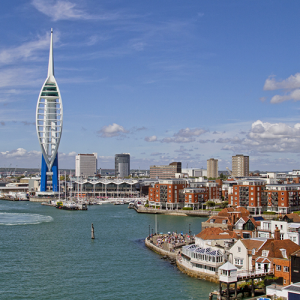14 November 2008
By Tash Shifrin Civil service-wide pay talks are set to take place over the next three weeks after the Public and Commercial Services union suspended a national strike planned for November 10. The move, which follows the National Union of Teachers’ decision not to call strikes despite a vote in favour of action, gives the government some respite over public sector pay. In Scotland, Unison members voted – in defiance of union advice – to accept the latest local government pay offer of 3% for 2008 and 2.5% for 2009. But the NHS faces strikes before Christmas after trade union Unite announced on November 12 that its 100,000 health service members had voted to walk out over pay. The PCS national executive voted to suspend the action after Cabinet secretary Sir Gus O’Donnell agreed to extend the period for which the union’s ballot result is valid by 28 days to allow for talks. In a letter to the union, O’Donnell said the move followed ‘constructive discussions’ between the PCS and his officials. The PCS has been among the most militant campaigners against the government’s policy of holding down public sector pay. It had balloted its entire civil service membership for action after strikes in key departments earlier this year. As well as seeking an above-inflation consolidated pay rise, the union wants to remove pay progression costs from the budget for increases. It also wants to reduce the number of separate bargaining structures across the civil service – a source of grievance since the early 1990s when pay matters were first delegated to individual departments and agencies. It is understood that the service-wide talks might cover the structure of pay negotiations for next year. In a bulletin for union representatives, the PCS said: ‘The decision to enter talks and suspend the action was taken because we believe that the opportunity exists to make progress on the issues.’ It added: ‘It remains to be seen whether enough progress will be made to form the basis of an acceptable settlement.’
PFnov2008


















